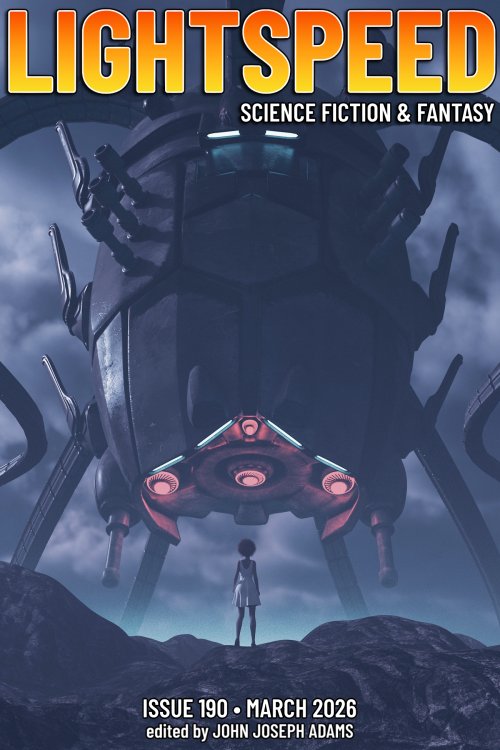Author Spotlight
Author Spotlight: Benjamin Rosenbaum
Before having kids, I expected to love them. I did not expect that love to be so cataclysmic and terrible. I did not realize the universe would hand me a door to the meaning of life in the shape of a little person, or that invisible golden wires would extend from her every twitch and blink and pierce my skin and burrow into my core. Before I had Aviva, the worst the universe could do was kill me, and it was planning to get around to that eventually anyway.









